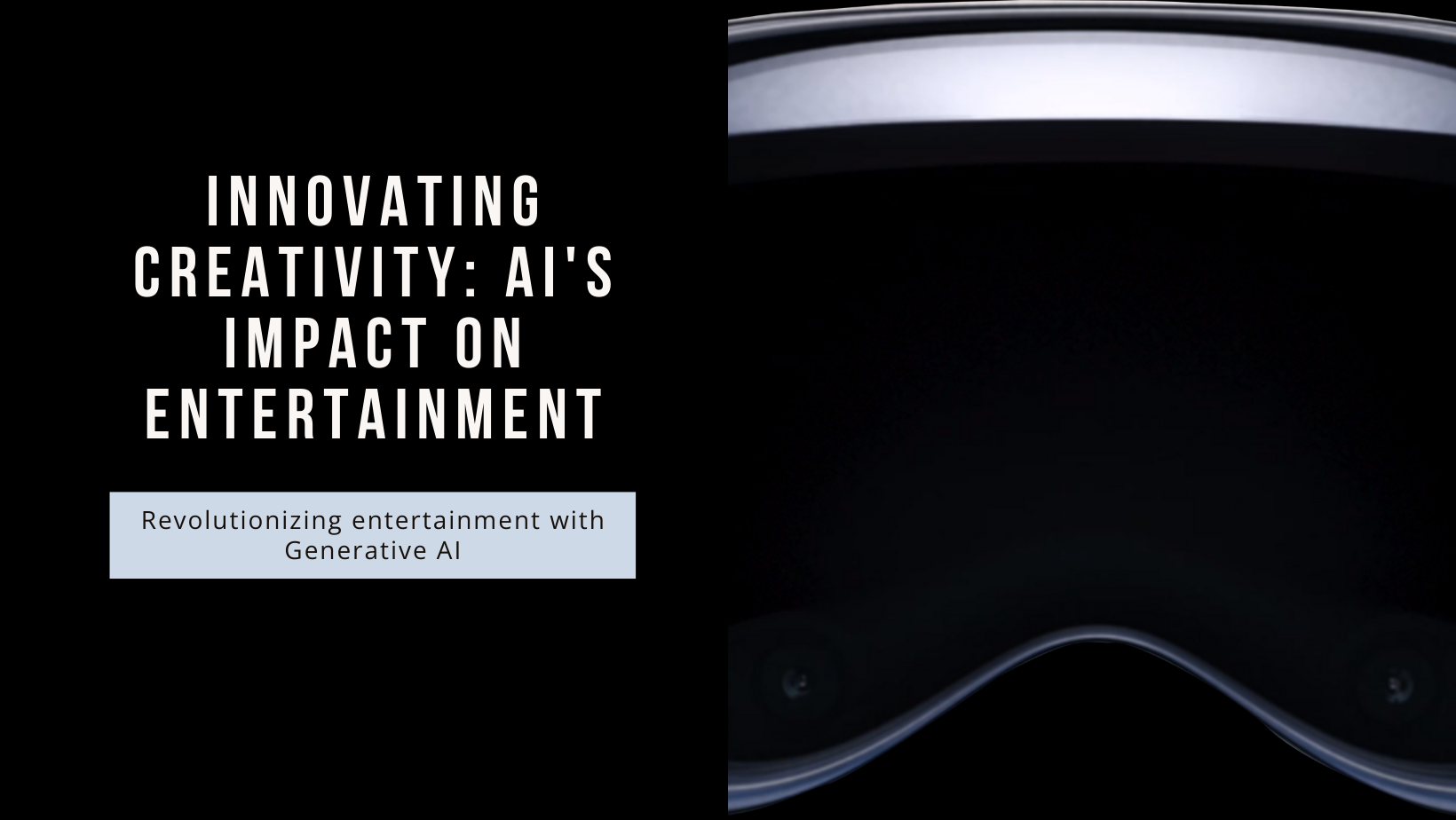Artificial Intelligence (AI) is poised to revolutionize the healthcare landscape, offering unprecedented opportunities to enhance patient outcomes, optimize medical workflows, and drive innovations. Sodio Technologies delves into the promising future of AI in healthcare, examining its potential, applications, challenges, and ethical implications.
Understanding AI in Healthcare
AI encompasses technologies that simulate human intelligence, enabling machines to perform tasks traditionally requiring human cognition, such as learning from data, recognizing patterns, and making decisions. Key AI applications in healthcare include:
- Medical Imaging Analysis: Enhancing diagnostic accuracy in radiology, pathology, and dermatology through AI-powered image interpretation.
- Clinical Decision Support: Assisting healthcare providers in treatment planning, disease management, and personalized medicine recommendations.
- Predictive Analytics: Forecasting patient outcomes, disease progression, and population health trends based on large datasets.
Applications and Benefits of AI in Healthcare
1. Diagnostic Accuracy and Imaging
- AI-driven Diagnostics: Improves detection of abnormalities and early signs of diseases in medical images, reducing diagnostic errors and improving patient care outcomes.
- Automated Image Analysis: Speeds up the interpretation of radiological scans, facilitating timely diagnosis and treatment planning.
2. Personalized Medicine and Treatment Planning
- Genomics and Precision Medicine: Analyzes genetic data to customize treatment plans and predict responses to therapies, optimizing patient outcomes.
- Virtual Health Assistants: AI-powered chatbots and virtual nurses provide real-time support, patient education, and medication reminders.
3. Healthcare Operations and Efficiency
- Administrative Automation: Streamlines administrative tasks such as scheduling appointments, billing, and patient record management, reducing healthcare provider workload.
- Predictive Maintenance: Anticipates equipment failures and maintenance needs in healthcare facilities through AI-driven predictive analytics.
Advancements and Innovations
1. AI in Drug Discovery and Development
- Virtual Screening: Accelerates the identification of potential drug candidates and targets through AI algorithms and machine learning models.
- Clinical Trials Optimization: Improves trial design, patient recruitment, and data analysis, expediting the development of new therapies.
2. Remote Patient Monitoring and Telehealth
- IoT Integration: Connects AI-powered devices and wearables for continuous health monitoring, remote diagnostics, and chronic disease management.
- Telemedicine Platforms: Facilitates virtual consultations, remote patient monitoring, and telehealth services, enhancing healthcare accessibility and patient convenience.
Challenges and Ethical Considerations
1. Data Privacy and Security
- HIPAA Compliance: Ensures patient data protection and confidentiality in AI-driven healthcare systems.
- Ethical Use of AI: Addresses biases in AI algorithms, transparency in decision-making, and informed consent in medical AI applications.
2. Integration with Healthcare Workflows
- User Acceptance: Overcomes resistance to AI adoption among healthcare professionals through training, education, and collaboration.
- Interoperability: Ensures seamless integration of AI technologies with existing healthcare IT systems and interoperability standards.
Future Trends and Predictions
1. AI-powered Healthcare Assistants
- Virtual Care Teams: Collaborative AI systems assist healthcare providers in real-time decision-making, patient monitoring, and treatment adjustments.
- Healthcare Robotics: AI-driven robots support surgical procedures, rehabilitation therapy, and elder care in healthcare facilities.
2. Ethical AI Governance and Regulation
- AI Ethics Frameworks: Develops guidelines and policies to govern AI use in healthcare, ensuring fairness, accountability, and patient safety.
- Regulatory Compliance: Adapts healthcare regulations to address AI advancements and safeguard patient rights and welfare.
Case Studies and Success Stories
Showcases successful AI implementations in healthcare:
- IBM Watson Health: Uses AI for oncology treatment recommendations and clinical decision support.
- Google DeepMind Health: Applies AI algorithms for predictive healthcare analytics and patient management.
Conclusion
The future of AI in healthcare holds immense promise for transforming patient care, medical research, and healthcare delivery. Sodio Technologies remains at the forefront of integrating AI innovations to empower healthcare providers, improve patient outcomes, and advance medical breakthroughs. By embracing AI technologies responsibly and collaboratively, healthcare organizations can navigate challenges, leverage opportunities, and shape a future where AI-driven healthcare becomes a cornerstone of modern medicine.







